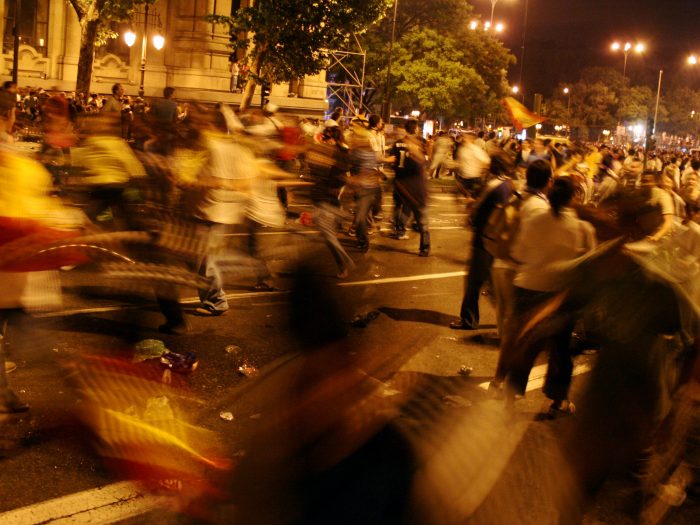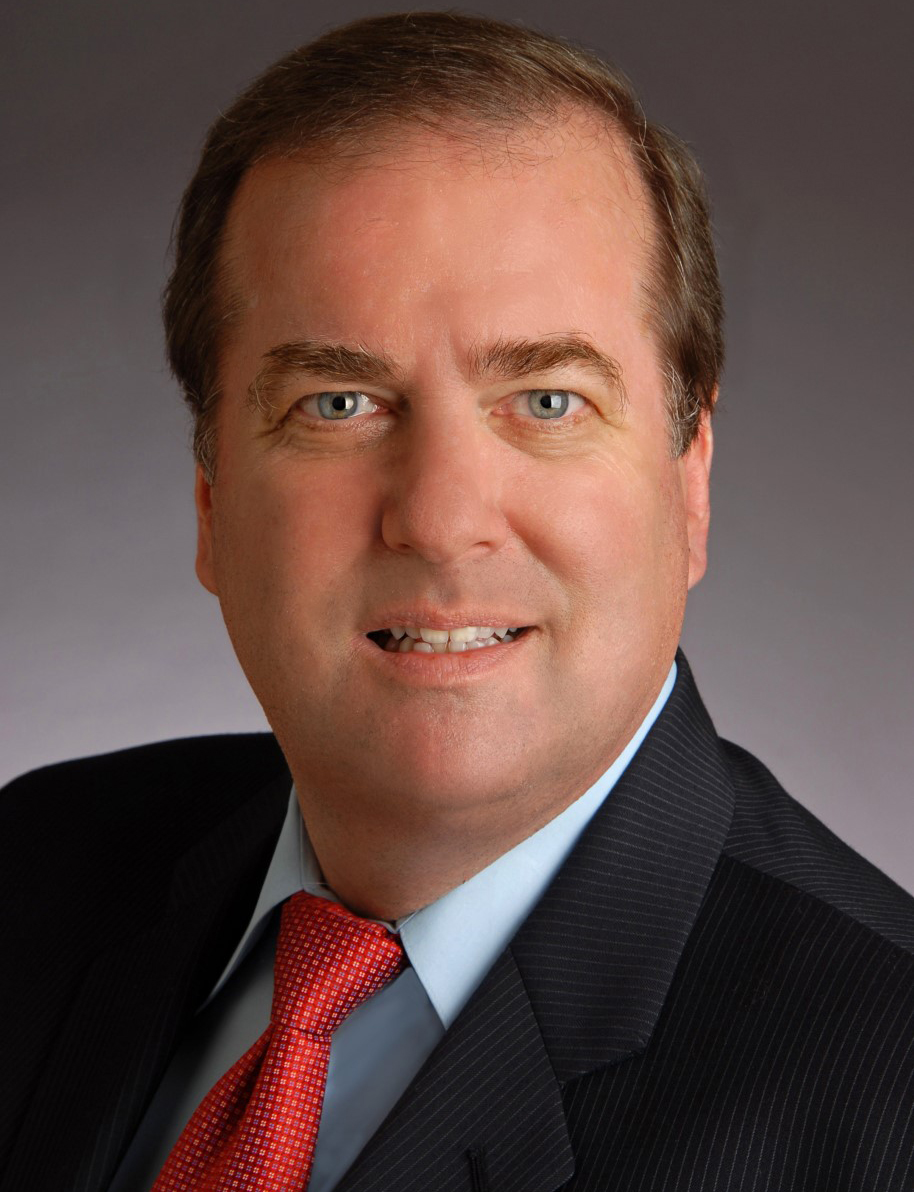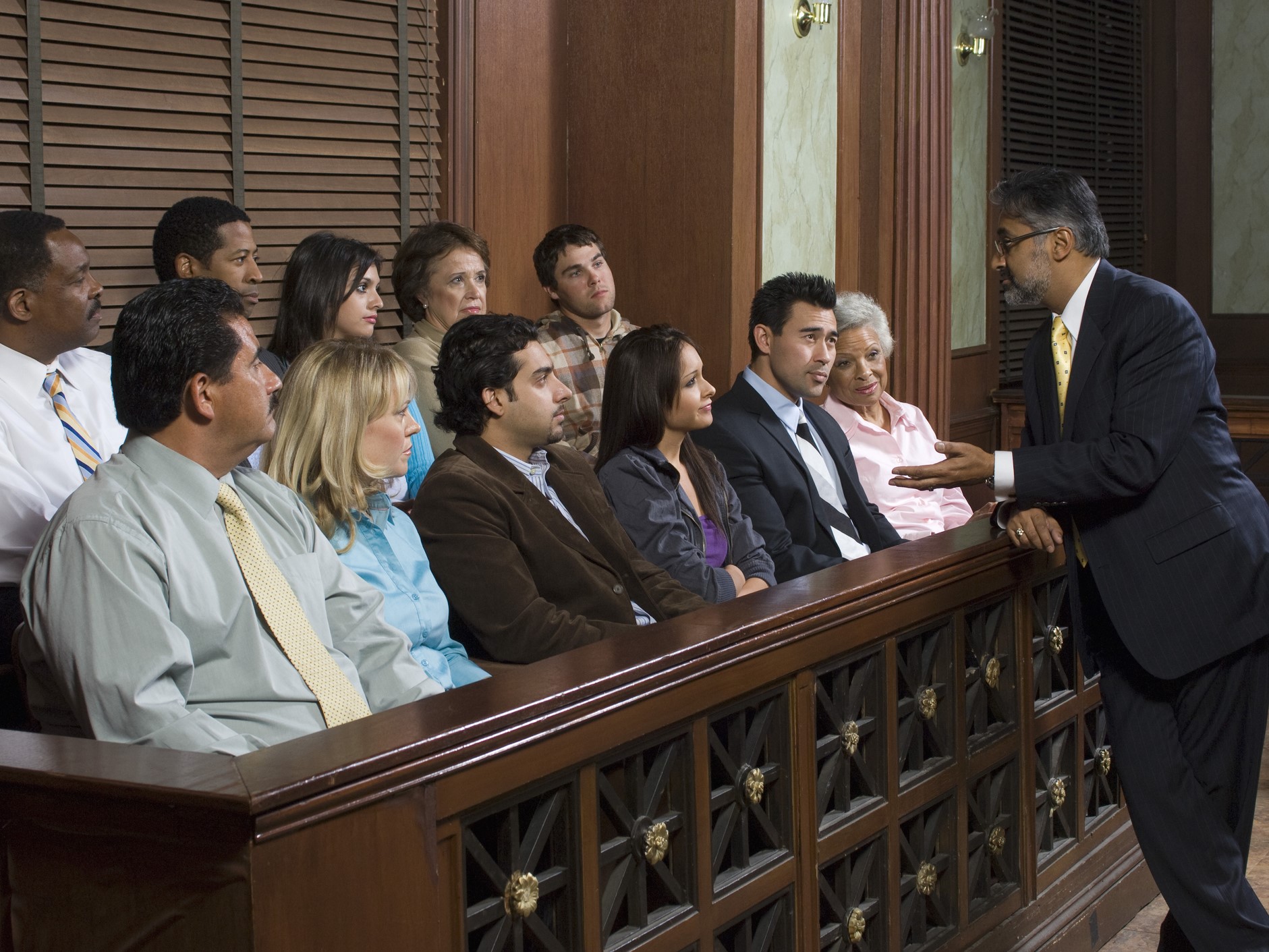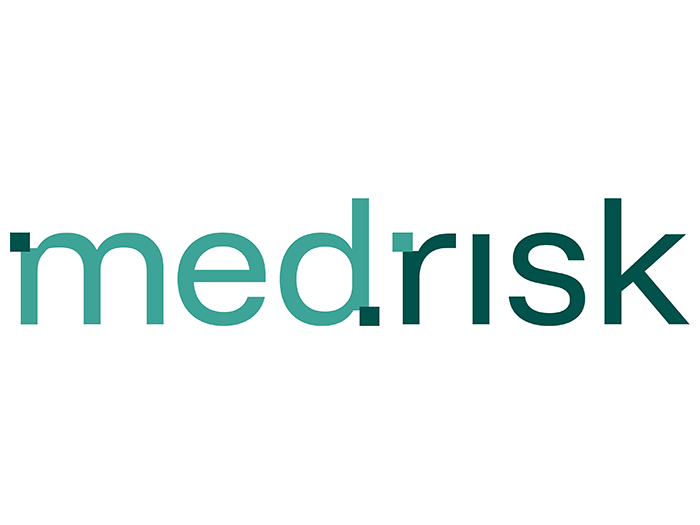Rioting Plus COVID-19 Equals Complex Business Interruption Claims

After the darkest nights, the sun rises again.
For the past three mornings, business owners woke up to shattered glass, ransacked stores, and stolen property. Some even saw their businesses destroyed by fire.
Anger over George Floyd’s death in police custody sent shockwaves across a nation already battered by the COVID-19 pandemic. The officer involved in Floyd’s death has been charged with third-degree murder and second-degree manslaughter.
Floyd’s death has led to a combination of protests and riots as many in the country have taken to the streets to express their frustration over the death of another African American man in police custody.
The damage affected wealthy business districts and lower socioeconomic neighborhoods. It affected small businesses, and large corporate chains. It affected cities including Philadelphia, New York, Chicago and Minneapolis, where Floyd’s death occurred.
In response, government officials shut down streets, enacted curfews, and called in the National Guard. Meanwhile Target, CVS, Apple, Walmart and others closed stores or reduced their hours.
What’s Next?
Well, technically … insurance claims.
Obviously, businesses will make claims for property damage and stolen merchandise. But perhaps the most complex claims could come from business interruption.
“Who says that you should lose coverage for your covered cause of loss just because there also happens to be an arguably non-covered cause of loss in play at the same time?” — Pamela Hans, managing shareholder, Anderson Kill
Businesses were already reeling from closures and slowdowns due to the COVID-19 pandemic. Many thought business interruption insurance would help them through that crisis but most claims were denied due to pandemic exclusions and the lack of physical property damage.
Damage from riots is different — and typically would trigger business interruption coverage.
Still, calculating losses is complicated by COVID-19. Some businesses are closed, others have abbreviated services like curbside pickup and online ordering, and others are open.
Insurers will likely argue that if businesses weren’t planning to be open due to the pandemic, they’re not entitled to coverage. Business owners would counter that the vandalism losses are separate from COVID-19 losses.
Pamela D. Hans, managing shareholder of Anderson Kill’s Philadelphia office, said the most reasonable way to interpret the policy is that the two causes of loss are independent of one another.
“If you would have been closed due to vandalism, why does it matter that you are also separately closed because of COVID-19? Who says that you should lose coverage for your covered cause of loss just because there also happens to be an arguably non-covered cause of loss in play at the same time?” Hans said.
“You’re going to see pretty heated disputes on that but we’ve already been looking at insurance policies where there are strong arguments that the two causes of loss should be viewed independently.”
More COVID-19 Complexities
Another COVID-19 complexity is evolving government guidance on reopening. In Philadelphia, for example, officials planned to reduce restrictions on June 5 — allowing retail businesses to let customers inside, but limiting them to five shoppers per 1,000 feet of retail space. An insurer valuing the loss would have to take those changing factors into account.
“There’s not a simple answer but damage to a covered location and any subsequent interruption that can be demonstrated would be covered, it’s just a matter of when those computations and calculations begin,” said Rick Miller. U.S. Property Practice Leader at Aon.
He went on to say, “if the damage took place now and will be fixed in two weeks and they weren’t going to open for a month, I would argue, simplistically, there’s probably no business interruption.”
Expect property damage to linger longer than normal — making business interruption timeframes grow. Getting insurance adjusters, supplies, and repair professionals to locations was already challenging due to COVID-19 slowdowns. Curfews and road closures from the riots will make it that even harder.
“Revenue is low, and businesses may not be able to repair quickly because of supply chain and demand issues,” Hans said.
Another sticking point will be the classification of the incidents. If it’s classified as simple vandalism, it’s likely to be covered, according to Hans. If it’s classified as political unrest, it could be excluded.
“Some policies might exclude war, political unrest, or uprisings and companies sell political risk policies to fill that gap,” Hans said.
“Different insurance companies might try to cast this differently. One might call it looting or vandalism while others call it political upheaval. The language of the policy is something business owners should look at closely.”
Robert Horkovich, chair of Anderson Kill’s insurance recovery group, says it’ll be tough for insurers to claim that rioters were hoping to overthrow the government.
“Will the insurance companies raise rebellion or civil insurrection exclusions? The answer is yes, but I think they have a tough row to hoe with regard to rebellion and civil insurrection,” Horkovich said.
“When you look at rebellion and civil insurrection, it’s more than rioting, it’s an organized effort to overthrow the government.”
There are also practical issues to consider. Did a business purchase business income coverage at all?
“As we’ve seen from reporting on the pandemic crisis, it appears that perhaps even a majority of policy holders do not purchase business income protection at all, particularly small business owners,” said Jason Schupp, founder and managing member of the Centers for Better Insurance.
In any case, business owners should not be shy about making claims, says Horkovich.
“I would let the insurance companies come back and say, ‘No, there are no claims for the riots because of COVID.’ I don’t know what they’re going to do because they can’t deny that COVID-19 is a factor in closing businesses, while using it as an excuse that businesses would be closed anyway,” Horkovich said.
“So I would advise policy holders to provide notice for coverage if their operations are closed because of the rioting, property damage or civil orders that limit their ability to operate.” &
Staff writer Emily Spennato contributed reporting for this story.










